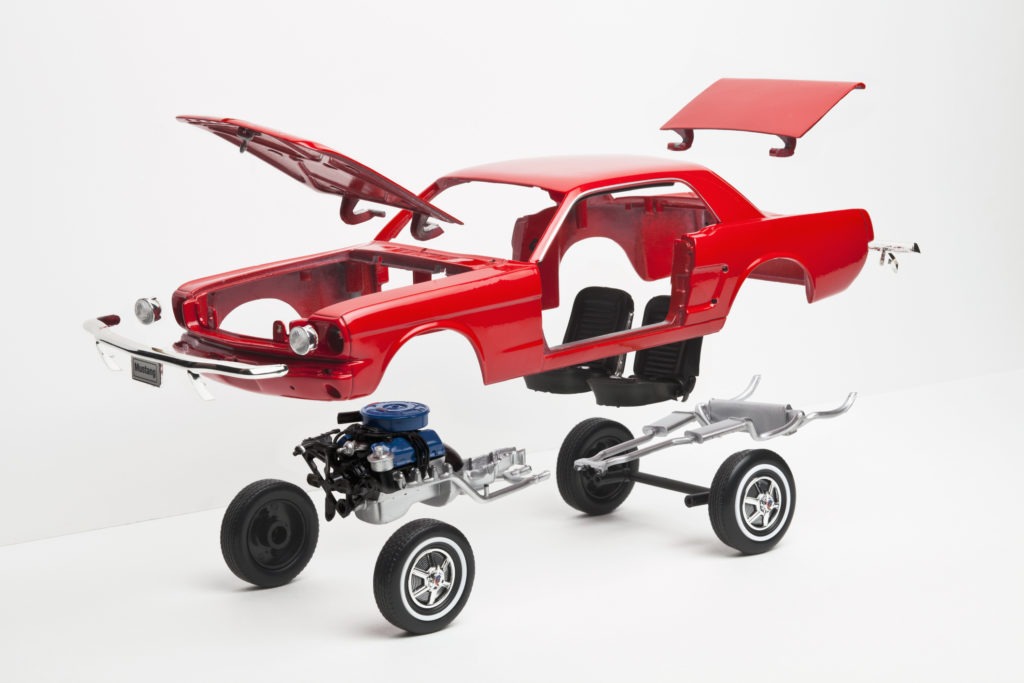Automotive parts suppliers fined over cartel operations
22 February 2018

22 February 2018
The European Commission has fined a number of automotive suppliers over the formation of two different cartels relating to sales of parts to vehicle manufacturers.
The EU Antitrust Commission has been involved in some automotive cartel investigations, handing out fines to a range of suppliers involved in fixing prices and supply chains to profit. The latest groups belong to the Spark Plugs and Braking systems market, while a number of maritime car carriers have also found themselves in trouble.
In the spark plugs market, the Commission found that Bosch, Denso and NGK participated in a cartel and imposed a fine of €76 million across the three companies. The cartel lasted from 2000 until 2011 and aimed at avoiding competition by respecting each other’s traditional customers and maintaining the existing status quo in the spark plugs industry in Europe.
The three companies exchanged commercially sensitive information and in some instances agreed on the prices to be quoted to certain customers, the share of supplies to specific customers and the respect of historical supply rights. This coordination took place through bilateral contacts between Bosch and NGK, and between Denso and NGK.
The Commission’s investigation started with an immunity application submitted by Denso, which, under EU rules, received a 100% reduction on any fine imposed due to its activity in bringing the cartel to the Commission’s attention. Bosch received a fine of around €4 million, with NGK being fined €30 million.
In the braking system market, the Commission found two cartels operating. The first concerned the supply of hydraulic braking systems by TRW, Bosch and Continental, while the second revolved around the supply of electronic braking systems and involved Bosch and Continental. Companies received combined fines of €75 million.
The first cartel lasted from February 2007 to March 2011 and related to discussions of general sales conditions of hydraulic braking systems for two customers, Daimler and BMW. The second cartel lasted from September 2010 to July 2011 and related to one specific tender for electronic braking systems for Volkswagen. TRW brought the cartel to the Commission’s attention and therefore received a 100% fine reduction, while Continental also avoided a penalty under the second cartel for making the Commission aware.
Commissioner Margrethe Vestager, in charge of competition policy, said: ′The Commission has sanctioned several companies for colluding in the maritime transport of cars and the supply of car parts. The three separate decisions taken today show that we will not tolerate anticompetitive behaviour affecting European consumers and industries. By raising component prices or transport costs for cars, the cartels ultimately hurt European consumers and adversely impacted the competitiveness of the European automotive sector, which employs around 12 million people in the EU.’
The automotive world is no stranger to the existence of cartels. In July 2017, truck manufacturers were fined for running a cartel discussing the cost of parts, while in June 2017, some vehicle lighting manufacturers were fined by the EU Commission for taking part in a collusion, one of many in the parts market to have come to light in recent years.
In March 2017, the commission fined Behr, Calsonic, Denso, Panasonic, Sanden and Valeo a total of €155 million for taking part in one or more of four cartels concerning air conditioning and engine cooling parts supply. Since 2013 the EU has also investigated and handed out fines to companies for fixing the supply of wire harnesses, parking heaters in trucks, car seats and bearings.